Often referred to as the body's "second brain," the gut plays a vital role in not just digestion but also in regulating immune function, synthesizing essential nutrients, and even influencing our mood. Central to maintaining a healthy gut environment are the trillions of microorganisms that inhabit it, collectively known as the gut microbiota.
While many factors influence the composition and balance of our gut microbiota, one often overlooked aspect is our dietary choices. Among the various dietary components that can impact gut health, protein sources hold a significant place. In particular, whey protein, derived from milk during the cheese-making process, has gained considerable attention for its nutritional value and potential health benefits.
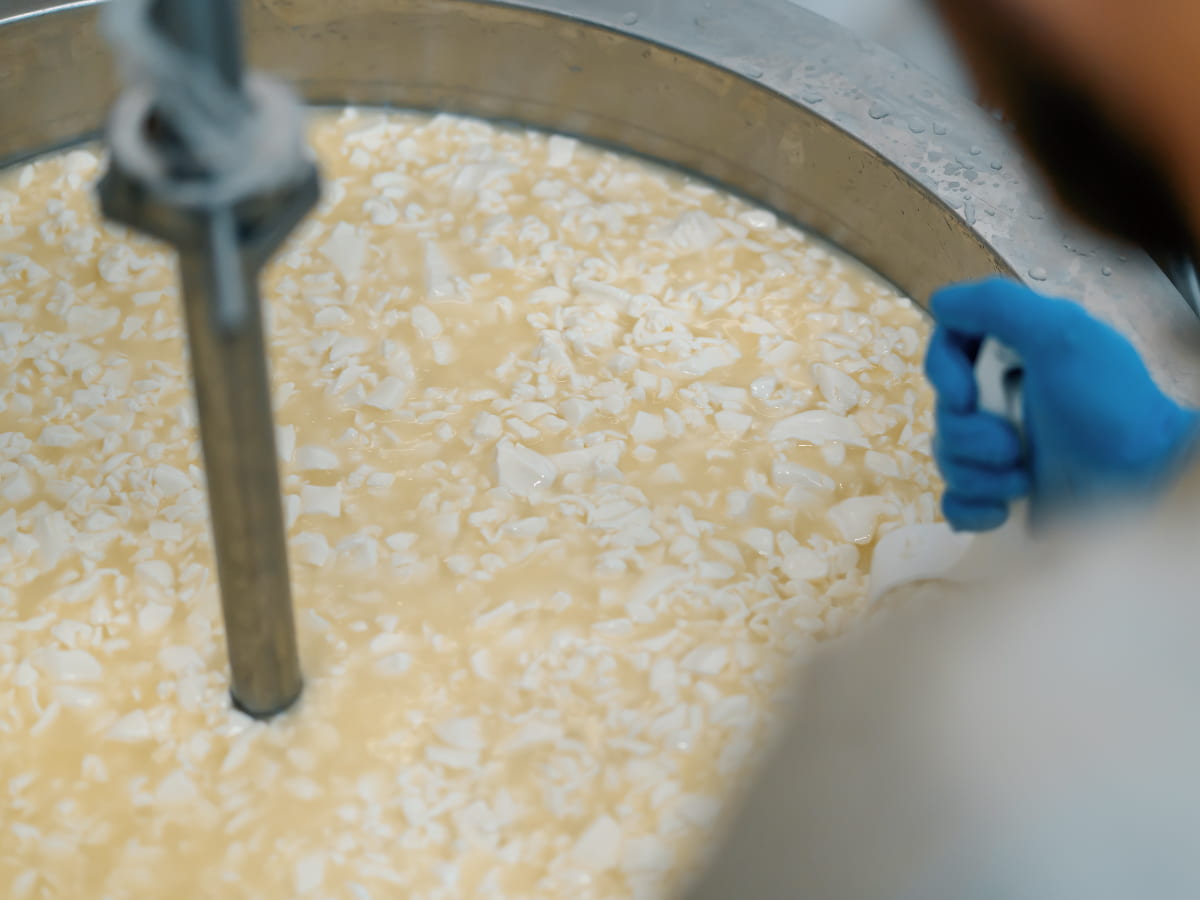
However, beyond its well-known role in muscle building and recovery, emerging research suggests that whey protein may also harbor another health-promoting secret: pre-biotics. These indigestible fibers serve as fuel for beneficial gut bacteria, promoting their growth and activity.
This article aims to look into the fascinating intersection of gut health and whey protein, with a specific focus on the role of pre-biotics. We'll explore what pre-biotics are, how they contribute to gut health, and how incorporating pre-biotic-rich whey protein into your diet can potentially enhance your overall well-being.
Understanding Gut Health
The gut microbiota, a complex ecosystem of microorganisms residing in the gastrointestinal tract, plays a vital role in maintaining overall health. Comprising trillions of bacteria, viruses, fungi, and other microorganisms, this intricate community influences various aspects of our well-being, from digestion and nutrient absorption to immune function and mental health.
A healthy gut microbiota is characterized by a diverse array of microorganisms living in symbiosis, each contributing uniquely to its functionality. However, several factors, including diet, lifestyle, medications, and stress, can disrupt this delicate balance, leading to dysbiosis—an imbalance in gut microbiota composition associated with various health issues.
The gut microbiota interacts with the immune system, modulates inflammation, synthesizes essential nutrients, and metabolizes dietary components, highlighting its significance in maintaining overall health. Moreover, emerging research suggests that the gut-brain axis—a bidirectional communication pathway between the gut and the brain—plays a crucial role in regulating mood, cognition, and behavior, further emphasizing the importance of gut health beyond digestion.
To support optimal gut health, it's essential to adopt lifestyle habits that promote microbial diversity, such as consuming a balanced diet rich in fiber, pre-biotics, and probiotics, engaging in regular physical activity, managing stress effectively, and avoiding excessive antibiotic use whenever possible.
What Are Pre-biotics?

Gut health is intricately linked to the composition and activity of the trillions of microorganisms residing within our digestive tract, collectively known as the gut microbiota. Pre-biotics are non-digestible fibers that serve as food for these beneficial bacteria, promoting their growth and activity.
Pre-biotics are a type of dietary fiber that resist digestion in the small intestine and reach the colon intact, where they are fermented by beneficial gut bacteria. This fermentation process produces short-chain fatty acids (SCFAs), such as butyrate, acetate, and propionate, which play crucial roles in maintaining gut health. By nourishing these bacteria, pre-biotics help maintain a balanced and diverse gut microbiota, which is essential for optimal digestive function, immune regulation, and overall health.
Different Types of Pre-biotics
There are various types of pre-biotics, including oligosaccharides like fructooligosaccharides (FOS), galactooligosaccharides (GOS), and inulin, as well as resistant starches and certain types of soluble fibers. Each type of pre-biotic may have slightly different effects on gut health and may be found in different food sources.
Sources of Pre-biotics in Diet
Pre-biotics occur naturally in many plant-based foods, including fruits, vegetables, whole grains, and legumes. Some common sources of pre-biotics include onions, garlic, leeks, asparagus, bananas, oats, and legumes. Additionally, certain functional foods and dietary supplements may be fortified with pre-biotics to enhance their gut health benefits.
Whey Protein: A Gut-Friendly Protein Source
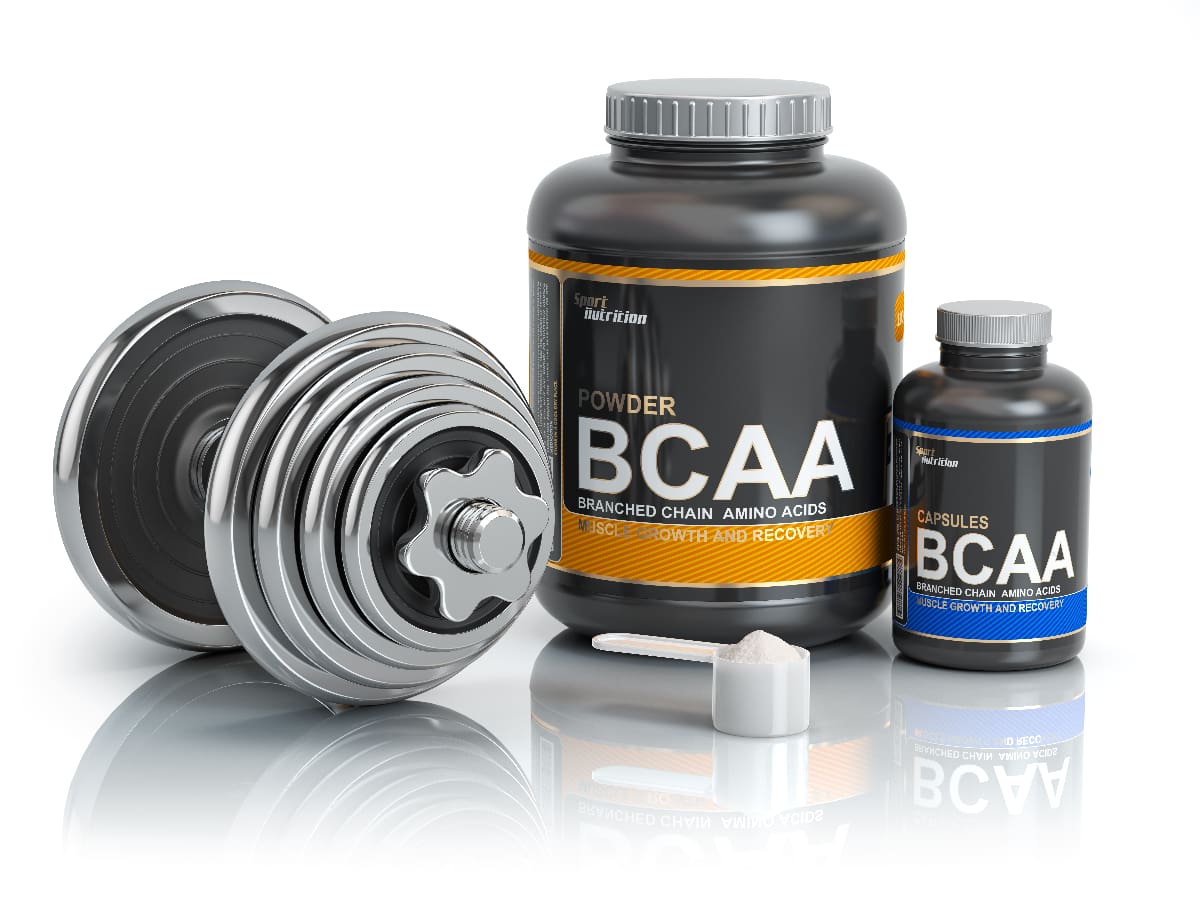
Whey protein, derived from milk during the cheese-making process, has gained widespread popularity as a dietary supplement among fitness enthusiasts and health-conscious people. Beyond its well-known role in muscle building and recovery, whey protein also offers significant benefits for gut health.
Whey protein is a complete protein, meaning it contains all nine essential amino acids necessary for human health. It is particularly rich in branched-chain amino acids (BCAAs), such as leucine, which play a crucial role in muscle protein synthesis and repair. Whey protein is available in various forms, including concentrate, isolate, and hydrolysate, each with its unique composition and processing method.
Nutritional Composition of Whey Protein:
Whey protein is not only a source of high-quality protein but also provides essential nutrients beneficial for overall health. Apart from amino acids, whey protein contains vitamins, minerals, and bioactive compounds with potential health-promoting properties. These include calcium, potassium, phosphorus, and bioactive peptides like lactoferrin and immunoglobulins, which possess antimicrobial and immune-modulating effects.
How Whey Protein Affects Gut Health:
- Promotes Gut Microbiota Diversity: Whey protein consumption has been associated with an increase in beneficial bacteria such as Lactobacillus and Bifidobacterium in the gut microbiota. These bacteria play a crucial role in maintaining gut health by producing short-chain fatty acids (SCFAs) and enhancing intestinal barrier function.
- Supports Gut Barrier Integrity: Components of whey protein, such as immunoglobulins and lactoferrin, help strengthen the intestinal barrier by preventing the attachment of harmful pathogens to the gut lining. This barrier function is essential for protecting against infections and reducing the risk of inflammatory bowel diseases.
- Modulates Gut Immune Response: Whey protein contains bioactive peptides that possess immunomodulatory properties, regulating immune cell function and cytokine production in the gut. This modulation of the gut immune response contributes to maintaining immune homeostasis and reducing inflammation within the gastrointestinal tract.
The Role of Pre-biotics in Whey Protein
Whey protein, renowned for its muscle-building properties, contains more than just protein. It also boasts a range of bioactive compounds, including pre-biotics, which play a crucial role in enhancing gut health. These pre-biotics, often overlooked in discussions about whey protein, are essential for fostering a healthy gut microbiome.
Presence of Pre-biotics in Whey Protein
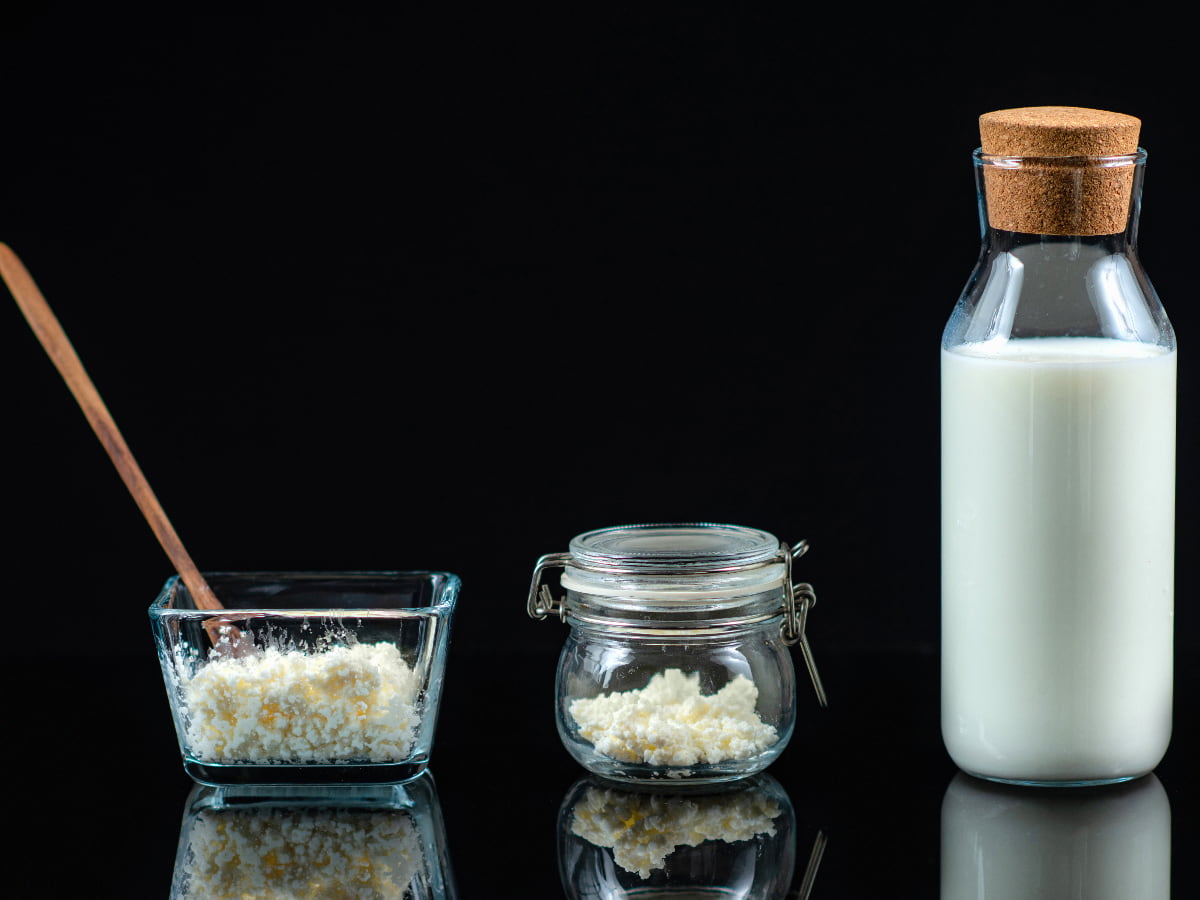
While whey protein is primarily recognized for its protein content, it also contains pre-biotics such as lactose, lactulose, and glycomacropeptides. These pre-biotics serve as fuel for the beneficial bacteria residing in the gut, promoting their growth and activity.
Lactose, a natural sugar found in whey protein, acts as a pre-biotic by serving as a substrate for the growth of beneficial bacteria such as bifidobacteria and lactobacilli. Lactulose, another pre-biotic in whey protein, exhibits similar properties and contributes to the proliferation of beneficial gut bacteria.
Glycomacropeptides, unique peptides derived from whey protein, possess pre-biotic properties by selectively stimulating the growth of certain beneficial bacteria while inhibiting the growth of harmful pathogens in the gut.
Mechanisms Through Which Pre-biotics Enhance Gut Health
- Promotion of Beneficial Gut Bacteria: Pre-biotics in whey protein provide a source of nourishment for beneficial gut bacteria, stimulating their growth and activity. By fostering a thriving community of beneficial bacteria, pre-biotics help maintain a balanced gut microbiome.
- Enhancement of Gut Barrier Function: Pre-biotics have been shown to strengthen the gut barrier, the protective layer lining the intestines, thereby reducing the permeability of the gut and preventing the entry of harmful substances into the bloodstream. This enhancement of gut barrier function contributes to overall gut health and immune function.
- Modulation of Immune Response: The presence of pre-biotics in whey protein can influence the immune system by promoting the production of beneficial short-chain fatty acids (SCFAs) in the gut. SCFAs play a vital role in regulating immune function and inflammation, thereby contributing to overall immune health.
Scientific Evidence Supporting the Benefits of Pre-biotics in Whey Protein
Numerous studies have investigated the role of pre-biotics in whey protein and their impact on gut health. Research has demonstrated that the consumption of whey protein with pre-biotics leads to favorable changes in gut microbiota composition, including an increase in beneficial bacteria and a decrease in harmful pathogens.
Furthermore, clinical trials have shown that supplementation with whey protein containing pre-biotics can improve digestive health, reduce inflammation, and enhance immune function in both healthy people and those with gastrointestinal disorders.
Overall, the inclusion of pre-biotics in whey protein offers significant potential for improving gut health and overall well-being. By nourishing the gut microbiota and supporting gut barrier function and immune response, pre-biotics in whey protein contribute to a healthy and resilient gut ecosystem.
Benefits of Enhancing Gut Health with Pre-biotics in Whey Protein
Improved Digestion and Nutrient Absorption
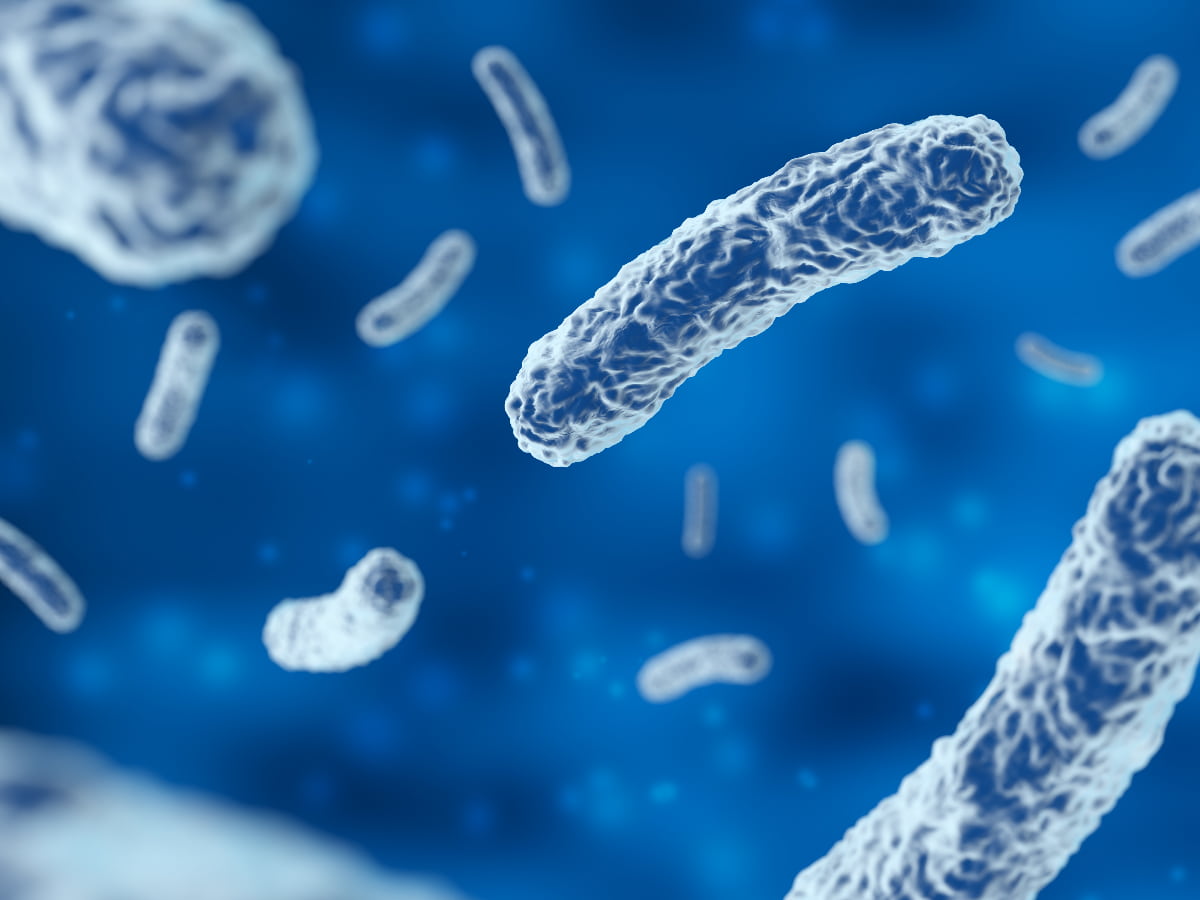
Pre-biotics present in whey protein serve as food for beneficial gut bacteria, promoting their growth and activity. This, in turn, enhances the overall health of the gut microbiota, leading to improved digestion and absorption of nutrients from food. By fostering a healthy balance of gut bacteria, pre-biotics help in breaking down food particles more efficiently, ensuring that essential nutrients are properly absorbed by the body.
Enhanced Immune Function
The gut plays a crucial role in the body's immune system, housing a large portion of immune cells and influencing immune responses. By supporting the growth of beneficial bacteria, pre-biotics in whey protein help maintain a healthy gut environment, which is essential for optimal immune function. A balanced gut microbiota can strengthen the body's defense mechanisms, making it more resilient to infections and diseases.
Potential Weight Management Benefits
Research suggests that the composition of gut bacteria may influence body weight and metabolism. Pre-biotics in whey protein can contribute to weight management efforts by promoting the growth of beneficial bacteria associated with a healthy weight. Additionally, a healthy gut environment may help regulate appetite and reduce cravings, making it easier to maintain a healthy diet and manage weight effectively.
Reduction in Inflammation
Imbalances in the gut microbiota can lead to inflammation, which is linked to various chronic diseases, including inflammatory bowel diseases, cardiovascular diseases, and metabolic syndrome. Pre-biotics in whey protein support a healthy gut microbiota composition, which can help reduce inflammation levels in the body.
By promoting the growth of beneficial bacteria and maintaining gut barrier integrity, pre-biotics contribute to a balanced inflammatory response, potentially lowering the risk of inflammatory-related diseases.
Incorporating whey protein with pre-biotics into your diet can offer a range of benefits for gut health and overall well-being. By supporting the growth of beneficial bacteria and fostering a healthy gut environment, pre-biotics in whey protein contribute to improved digestion, enhanced immune function, potential weight management benefits, and reduced inflammation. Adding whey protein with pre-biotics to your daily routine can be a simple yet effective way to support your gut health and promote overall vitality.
How to Incorporate Pre-biotics in Whey Protein into Your Diet
Choosing the right whey protein products:
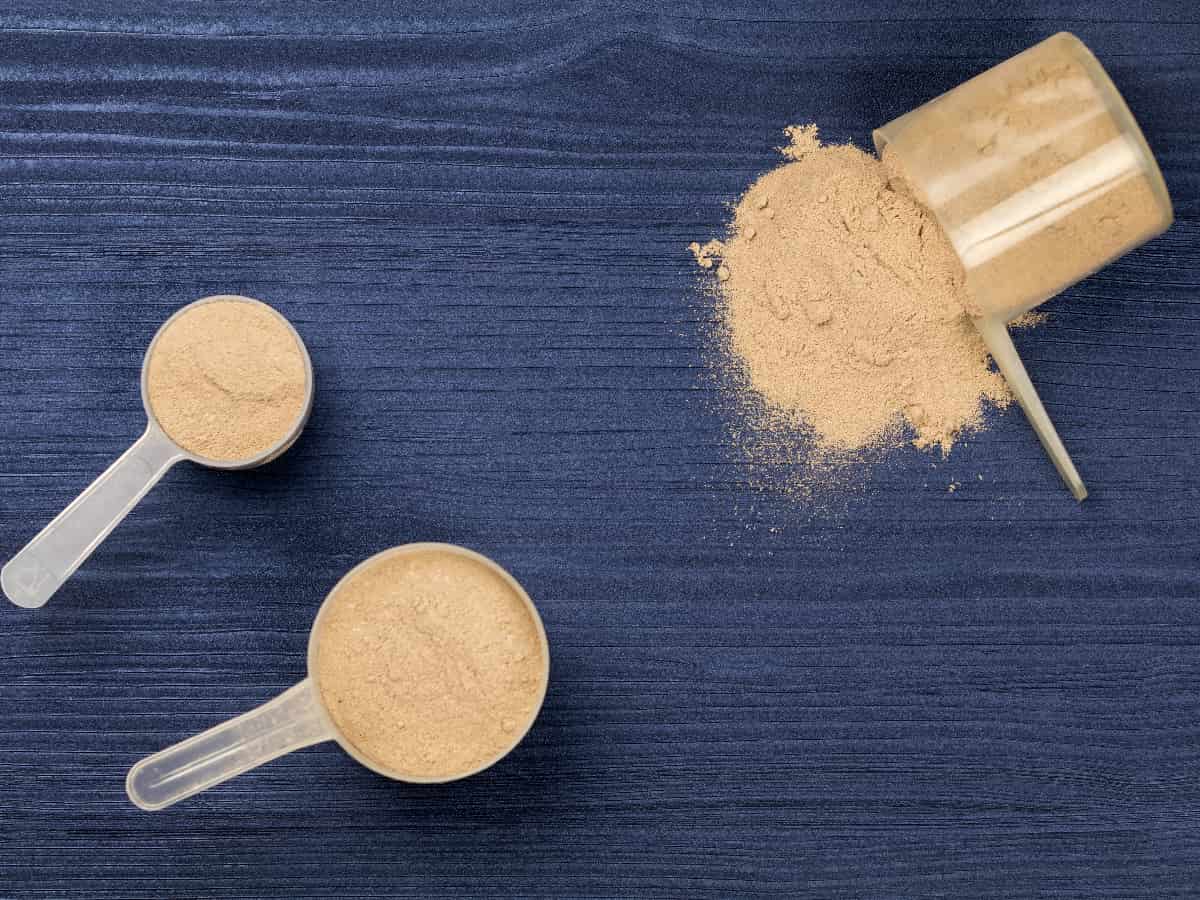
When selecting whey protein products to enhance gut health, it's essential to look for those that contain pre-biotics. Opt for whey protein powders labeled as "pre-biotic" or containing pre-biotic ingredients such as inulin, oligosaccharides, or fructooligosaccharides (FOS). Reading the ingredients list can help identify these components.
Recommended daily intake of whey protein:
The recommended daily intake of whey protein varies depending on factors such as age, weight, activity level, and individual health goals. However, a general guideline is to consume around 20-30 grams of whey protein per serving, which can be adjusted based on individual needs. It's advisable to consult with a healthcare professional or a nutritionist to determine the appropriate intake for you.
Frequently Asked Questions
What are pre-biotics, and why are they important for gut health?
Pre-biotics are non-digestible fibers that feed the beneficial bacteria in your gut, promoting their growth and activity. They are crucial for maintaining a healthy balance of gut microbiota, which is essential for digestion, immune function, and overall well-being.
How do pre-biotics in whey protein benefit gut health?
Pre-biotics found in whey protein serve as fuel for the beneficial bacteria in your gut, helping to nourish and support their growth. By incorporating whey protein with pre-biotics into your diet, you can promote a healthy gut microbiome, leading to improved digestion, better nutrient absorption, and a stronger immune system.
Can whey protein with pre-biotics help with digestion issues like bloating or gas?

Yes, whey protein with pre-biotics can potentially alleviate digestive issues like bloating or gas. By supporting the growth of beneficial bacteria in the gut, pre-biotics may help regulate digestion and reduce symptoms of gastrointestinal discomfort. However, individual responses may vary, so it's essential to listen to your body and consult with a healthcare professional if you have specific concerns.
How much whey protein with pre-biotics should I consume daily for optimal gut health?
The recommended daily intake of whey protein with pre-biotics can vary depending on factors such as age, weight, activity level, and overall dietary intake. As a general guideline, incorporating one to two servings of whey protein with pre-biotics into your daily diet can provide significant benefits for gut health. It's always best to consult with a healthcare provider or nutritionist to determine the appropriate dosage for your individual needs.
Are there any side effects associated with consuming whey protein with pre-biotics?
Whey protein with pre-biotics is generally safe for most people when consumed as directed. However, some people may experience mild digestive discomfort, such as bloating or gas, especially when first introducing pre-biotics into their diet. These symptoms are usually temporary and may resolve as your body adjusts. If you experience persistent or severe side effects, it's essential to consult with a healthcare professional.
Conclusion
From digestion to immune function, the health of our gut microbiota plays a vital role in various aspects of our health. By understanding the significance of pre-biotics and their role in nourishing the beneficial bacteria in our gut, we gain insight into how incorporating whey protein with pre-biotics can be a valuable addition to our diet.
Through scientific research and evidence, we've learned that the inclusion of pre-biotics in whey protein can lead to improved digestion and nutrient absorption, bolstered immune function, and even potential benefits for weight management and inflammation reduction.
By selecting high-quality whey protein products rich in pre-biotics and incorporating them into our daily meals and snacks, we can take proactive steps towards enhancing our gut health.
Watch AFIL test kits testimonial videos click here
References:
- Barenie, Matthew J., et al. "Grass-Fed and Non-Grass-Fed Whey Protein Consumption Do Not Attenuate Exercise-Induced Muscle Damage and Soreness in Resistance-Trained Individuals: A Randomized, Placebo-Controlled Trial." Journal of Dietary Supplements (2023): 1-30.
- Ben, D. C. "The Best Whey Protein for Muscle Growth and Getting Lean."
- Grass-fed, Flash-Pasteurized, and Undenatured Ultra-Filtrated. "The Ultimate Whey Protein Guide."
- Delk, Lindsay. "Best whey protein powders of 2024."


.png?v=1737390083)
.png?v=1737187409)


